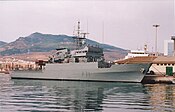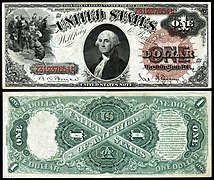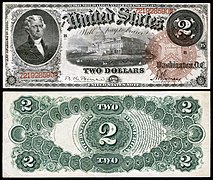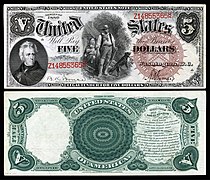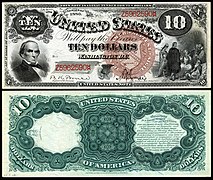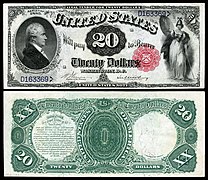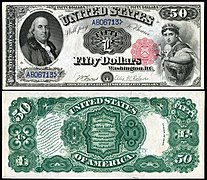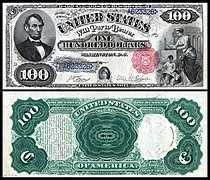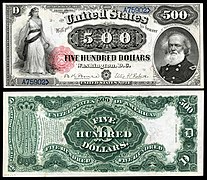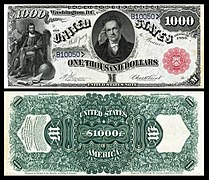Wikipedia:Main Page history/2022 October 28b
From today's featured article
Head over Heels is an American television sitcom created by Jeff Franklin that aired on the United Paramount Network from August 26 to October 28, 1997. The series is set in a video dating agency based in Miami Beach, Florida, and run by brothers Jack (played by Peter Dobson) and Warren Baldwin (Mitchell Whitfield). Their employees are Valentina (Cindy Ambuehl) and two romance counselors, Carmen (Eva LaRue) and Ian (Patrick Bristow, pictured). Connie Stevens was initially cast, but never appeared in the show. Andrew Gottlieb was a co-producer, and Vince Cheung and Ben Montanio were consulting producers. The sitcom was the lowest-performing series tracked by Nielsen Holdings for the 1997–1998 television season. Head over Heels was one of 30 U.S. programs that season to feature a gay, lesbian, or bisexual character; Ian was bisexual. Critics faulted the show's characters, sex comedy, and lack of diversity. (Full article...)
Did you know ...
- ... that in 2019, the Spanish patrol boat Serviola (pictured) thwarted two attempts at piracy in as many months?
- ... that after being extensively hunted in the 19th century, southern right whales can again sometimes be seen in Mahurangi Harbour?
- ... that Richard W. Conway earned a varsity letter, a Ph.D., and an endowed chair, all from the same university?
- ... that according to two surveys, knocking on wood and 'crossing fingers for good luck' are the most popular superstitions in Britain?
- ... that Ella van Poucke, a cellist who studied at the Kronberg Academy, returned there as a soloist, playing Haydn's Cello Concerto No. 1 in the new Casals Forum?
- ... that Nippon Steel, one of Japan's largest steelmakers, sold notebook computers in the U.S. in the early 1990s?
- ... that Lanfranco Cirillo is the architect of Putin's Palace, a palace complex on the Black Sea coast allegedly built for Vladimir Putin which is estimated to have cost over one billion US dollars?
- ... that couples can marry 'over the anvil' at Patterson's Spade Mill?
In the news
- A mass shooting kills at least 15 people at the Shah Cheragh mausoleum in Shiraz, Iran.
- Rishi Sunak (pictured) succeeds Liz Truss as leader of the Conservative Party and Prime Minister of the United Kingdom.
- Xi Jinping is named General Secretary of the Chinese Communist Party for a third term after the conclusion of the Party Congress.
- Giorgia Meloni becomes Prime Minister of Italy, following a centre-right coalition agreement.
On this day
- 312 – Civil wars of the Tetrarchy: Constantine the Great defeated Maxentius at the Battle of the Milvian Bridge in Rome.
- 1453 – Ladislaus the Posthumous was crowned King of Bohemia, although George of Poděbrady remained in control of the government.
- 1886 – In New York Harbor, U.S. president Grover Cleveland dedicated the Statue of Liberty (pictured), a gift from France commemorating the Declaration of Independence; New York City office workers responded by spontaneously holding the first ticker-tape parade.
- 1940 – World War II: Italy invaded Greece after Greek prime minister Ioannis Metaxas rejected Benito Mussolini's ultimatum demanding the cession of Greek territory.
- 2007 – In the Argentine general election, Cristina Fernández de Kirchner became the first woman to be elected president of Argentina.
- Charlotte Turner Smith (d. 1806)
- Aki Toyosaki (b. 1986)
- Lucy Bronze (b. 1991)
From today's featured list
NME's Cool List was an annual listing compiled by the weekly British music magazine NME of popular musicians that they considered to be the "coolest". The first list was published on 29 October 2002, with Jack White (pictured), the lead singer of the American rock band the White Stripes, being placed at number one. Subsequent listings were topped by musicians such as Justin Timberlake, Pete Doherty and Laura Marling. Alongside the Cool List, NME also concurrently published alternative lists, such as the Fool List, the "Had It, Lost It" list, the "If Only They Rocked" list, and the Cool Places list. The Cool Lists often generated high sales for NME, as well as a large critical response from both journalists and members of the public. The magazine received criticism of its lists from various sources, including music journalists, pop stars, and drugs charities. Speaking in 2003, NME editor Conor McNicholas remarked: "All of the entries in [the Cool List] have one thing in common – the X factor." (Full list...)
Today's featured picture
United States Notes are a type of paper money that was issued from 1862 to 1971 in the United States, longer than any other form of U.S. paper money. They were known popularly as "greenbacks", a name inherited from the earlier greenbacks that they replaced in 1862. Often termed Legal Tender Notes, they were named United States Notes by the First Legal Tender Act, which authorized them as a form of fiat money. During the early 1860s the so-called second obligation on the reverse of the notes stated: "This Note is a Legal Tender for all debts public and private except Duties on Imports and Interest on the Public Debt; and is receivable in payment of all loans made to the United States." These nine United States Notes, in denominations from $1 to $1000, were issued in 1880. Each bears the signatures of the register of the Treasury and the treasurer of the United States, and a portrait of a different individual, identified above. The banknotes are part of the National Numismatic Collection at the Smithsonian Institution. Banknote design credit: Bureau of Engraving and Printing; scanned by Andrew Shiva
Recently featured:
|
Other areas of Wikipedia
- Community portal – The central hub for editors, with resources, links, tasks, and announcements.
- Village pump – Forum for discussions about Wikipedia itself, including policies and technical issues.
- Site news – Sources of news about Wikipedia and the broader Wikimedia movement.
- Teahouse – Ask basic questions about using or editing Wikipedia.
- Help desk – Ask questions about using or editing Wikipedia.
- Reference desk – Ask research questions about encyclopedic topics.
- Content portals – A unique way to navigate the encyclopedia.
Wikipedia's sister projects
Wikipedia is written by volunteer editors and hosted by the Wikimedia Foundation, a non-profit organization that also hosts a range of other volunteer projects:
-
Commons
Free media repository -
MediaWiki
Wiki software development -
Meta-Wiki
Wikimedia project coordination -
Wikibooks
Free textbooks and manuals -
Wikidata
Free knowledge base -
Wikinews
Free-content news -
Wikiquote
Collection of quotations -
Wikisource
Free-content library -
Wikispecies
Directory of species -
Wikiversity
Free learning tools -
Wikivoyage
Free travel guide -
Wiktionary
Dictionary and thesaurus
Wikipedia languages
This Wikipedia is written in English. Many other Wikipedias are available; some of the largest are listed below.
-
1,000,000+ articles
-
250,000+ articles
-
50,000+ articles


